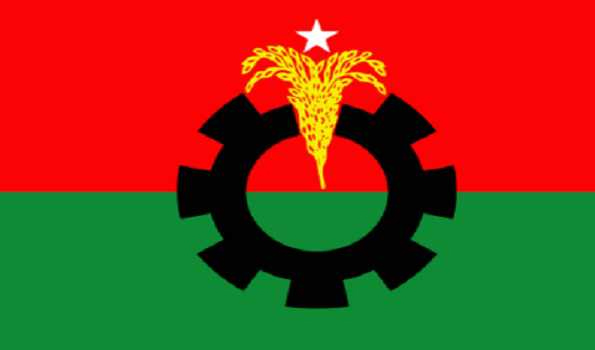Dhaka, Sep 5: Bangladesh Nationalist Party (BNP) Acting Chairman Tarique Rahman has expressed his desire for a “national government” system and a bicameral parliament system in the future, with the support of the people, media reports said on Wednesday.
“An opportunity had been lost without using the strength of national unity just after independence. We don’t want to lose that opportunity again in the future,” the Dhaka Tribune quoted.
“With the support of the people, BNP wants to see that the country will be run through the national government in the future,” Tarique Rahman told a virtual view-exchange meeting with grassroots leaders and workers of the party’s Dhaka division. According to the media reports, the program was attended by BNP’s National Standing Committee members Mirza Abbas, Dr Abdul Moyeen Khan, and Goyeshwar Chandra Roy. Regarding the liberation war, Tarique Rahman said, “Our predecessors gave us an independent country through their struggle. The key strength in winning that battle was unquestionable national unity. Unfortunately, after independence, we failed to leverage that unity. Instead of a necessary national government, the ruling Awami League’s party government took power from the very beginning, dividing the country. Consequently, a significant portion of the population could not contribute to nation-building.” He continued, ” Those who have participated in the struggle for democracy and voting rights will be involved in governing the country in the future, ensuring that the nation benefits from their contributions.” Tarique Rahman also outlined another crucial reform plan. Tarique Rahman hoped that the public would not include those who have turned the country into personal property for a single party and family in the national government, the Dhaka Tribune reported. He criticised those who, under the guise of development, have imposed a heavy debt burden on every citizen, siphoned off vast sums of money abroad, and amassed enormous wealth while causing immense suffering through abductions, killings, and legal harassment.
According to reports, he also condemned the rise in the prices of essential goods and the destruction of all pillars of the state, including law, justice, and executive branches.
He concluded that even in their final moments before fleeing, they stained every district and upazila in the capital with the blood of innocent people. The public will surely not want such tyrants in the national Government.
(UNI)
Trending Now
E-Paper


